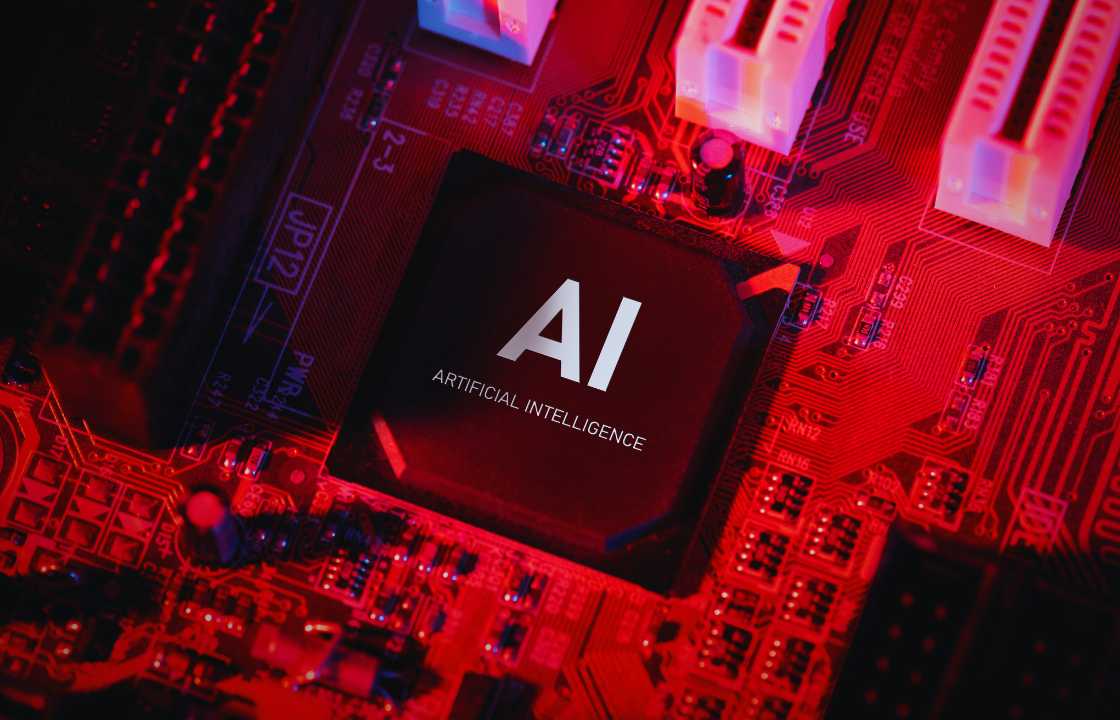U.S. authorities are contemplating the imposition of more stringent restrictions to curb the supply of artificial intelligence (AI) chips to the Chinese market, by limiting the computational prowess of exportable chips.
Informed sources suggest that U.S. officials are pondering stricter curbs on an existing export rule, designed to reduce the proliferation of AI chips to China. These intensified controls would include limiting the computing capacity of exported chips. Insiders anticipate an amendment to these regulations could materialize by the end of July.
The potential clampdown on the sale of high-performance computing chips has raised concerns among several industry juggernauts.
During an investor conference on June 28, Colette Kress, the Chief Financial Officer of Nvidia — a global leader in chip manufacturing — expressed apprehensions, stating:
“Should these restrictions be enforced, it would culminate in a permanent loss of opportunities for the U.S. industry to vie for a leading position in one of the world’s largest markets…”
Kress asserted that the introduction of such regulatory measures would not “immediately impact” the company’s financial outcome. In late May, Nvidia briefly touched a $1 trillion valuation, spurred by the thriving AI chip industry.
In search of additional insights regarding this prospective decision, Cointelegraph approached the U.S. Department of Commerce.
The initial embargo on AI chip sales to China was enacted by U.S. President Joe Biden’s administration in October 2022 to curtail the growth of the semiconductor industry.
The October prohibition deprived Chinese developers of access to some of the market’s most advanced chips, including Nvidia’s A100 and its latest iteration, the H100. Both these chips are in high demand for sophisticated AI development.
In May, Nvidia projected its second-quarter revenue to outpace market estimates by 50%, accompanied by a 28% surge in company shares.
Around the same period, the company launched a suite of AI-powered tools, inclusive of an AI supercomputer designed to aid developers in creating successors to ChatGPT.
Meanwhile, Chinese developers are reportedly exploring alternative strategies to bypass the impact of U.S. sanctions. These include new methodologies to construct AI chips utilizing lower-performance semiconductors and combinations of currently accessible chips.

